
G點電視以新媒體介入性/別小眾運動,鼓勵及引導義工成為行動者、尋找自己感興趣的議題,學習營運媒體,為社群充權。請賞我們幾個拍手或一杯咖啡,讓我們支持平台及團隊持續運作。
Conservative Eastern European capital! Slovenia officially recognizes same-sex marriage and adoption rights
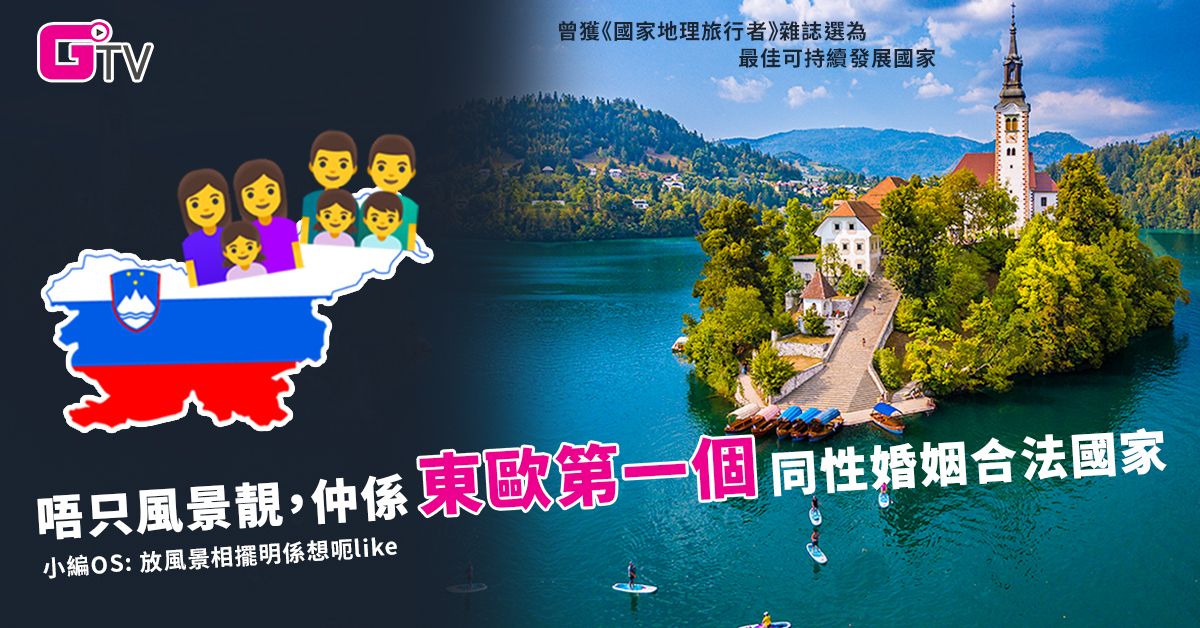
Written by: Jeffrey
Text Editor: Jinner
Website Editor: CL
Another country has adopted same-sex marriage, this time Slovenia in Eastern Europe. This year, two same-sex couples protested separately against local laws banning same-sex marriage and adoption of children by same-sex couples. After deliberation by the Constitutional Court, the judges voted on July 8, with 6 votes in favor and 3 votes against, declaring the ban unconstitutional and returning the two rights to same-sex couples, making the country the first Eastern European country to legalize same-sex marriage.
The local court pointed out that "the traditional meaning of marriage is the union of a man and a woman, or the protection of the family is not an excuse" to discriminate against same-sex couples, and the judgment "does not degrade the traditional marriage of a man and a woman, nor does it change the marriage of the opposite sex. conditions, just to show that same-sex couples can marry like same-sex couples."
Court orders changes to law within six months, government says it only takes two weeks
A court ordered the Slovenian National Assembly to amend the law within six months to allow same-sex couples to register their marriages. Labour, Family, Social Affairs and Equal Opportunities Minister Luka Mesec said the changes needed will only take a week or two to complete, "The Constitutional Court has ordered us to abolish the unconstitutional system, we have to do it as soon as possible, and the law will in preparation".
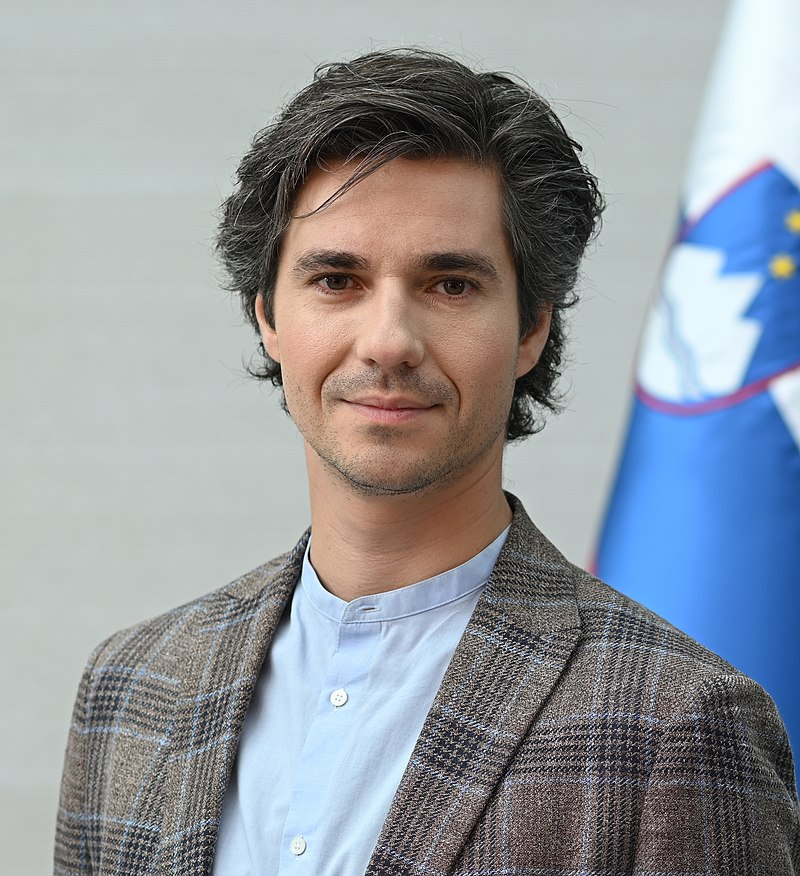
Children's well-being is not an excuse for the ban, the right to adopt children is on par with heterosexual couples
Since 2017, same-sex couples in Slovenia have been able to marry in a civil manner, but their rights have always been lower than those of opposite-sex couples, such as the adoption of a child. This time, the court pointed out that same-sex couples can already adopt each other's children, so the prohibition of adopting other children is unreasonable and should not be used as an excuse for the well-being of the children. Children's well-being should be measured on a case-by-case basis, and the complete exclusion of same-sex couples "cannot be argued to be the best way to achieve a child's well-being". However, the court also pointed out that the decision was not intended to "introduce the right to adopt", but only hoped that the legislature should bear in mind that the Constitution prohibits discrimination and that same-sex couples should also be given the opportunity to be included in the adopter list.
Selected as best sustainable country for same-sex marriage for over a decade
Slovenia's tourism industry is well developed, with its natural scenery and old buildings fascinating. In 2017, it was selected as the best sustainable country by National Geographic Traveler magazine, and this award also takes cultural factors into account. , it is conceivable that the country should not treat the minority too badly. However, the process of fighting for same-sex marriage in the country has lasted for more than ten years. It started with the rejection of the same-sex couple registration system bill in 2005, and then went through the failure to reform family laws in 2011, the referendum in 2012 to reject the reform, and the rejection of the partner bill in 2014. Denial and other setbacks. In 2015, Slovenia held a referendum, which resulted in 63% of voters opposing same-sex marriage, which restricted same-sex couples to civil unions. The system was implemented in 2017. Until the official adoption of same-sex marriage this year, the process is not easy.
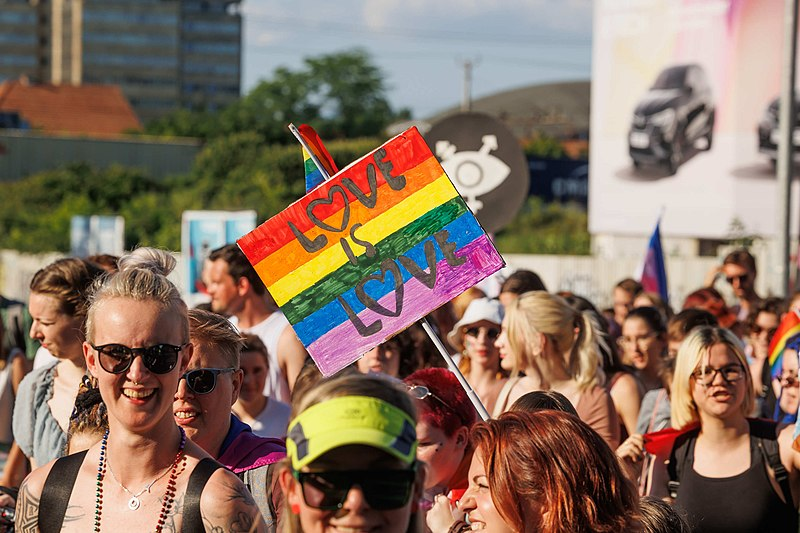
Eastern Europe is conservative and has low acceptance of gays
The social atmosphere in Eastern Europe has always been conservative, which may be related to the old iron bowl rule. Among the Eastern European countries, the closest to legal same-sex marriage is Estonia, which announced in 2016 that it would recognize same-sex couples legally married abroad. In 2019, the Pew Research Center in the United States published a study showing that the acceptance of homosexuality in Eastern Europe is indeed relatively low. The lowest among them are Russia and Ukraine, only 14%, Lithuania 28%, Bulgaria 32%, Slovakia, Poland and Hungary all have more than 40%, and the highest Czech Republic is only 59%, compared with the United Kingdom, France, Germany, Spain and Western Europe. The Netherlands is 80 to 90%, and it is really clear.
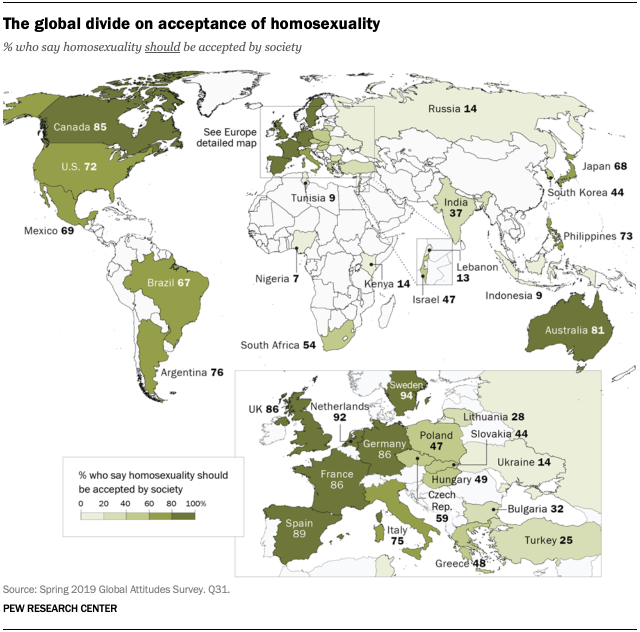
The national style of the former Yugoslav members is relatively open
Slovenia is one of the former republics of Yugoslavia, formerly known as the "Socialist Republic of Slovenia". The most famous political figure in Yugoslavia is Tito (Josip Broz Tito). This name is believed to be familiar to anyone who has read Western history. During World War II, he was the president of Yugoslavia, known for his authoritarian rule, and his social ethos was therefore more conservative. Slovenia is one of the more open member states, so the adoption of same-sex marriage this time was both surprising, but not entirely unexpected. Can Slovenia lead the way in gradually opening up attitudes towards gender/gender minorities in Eastern European countries? We will wait and see.

Further reading: [Russian-Ukrainian War] Retirement and War of Ukrainian Sexuality/Other Minority: "Being Ruled Will No Longer Have Gay Pride"
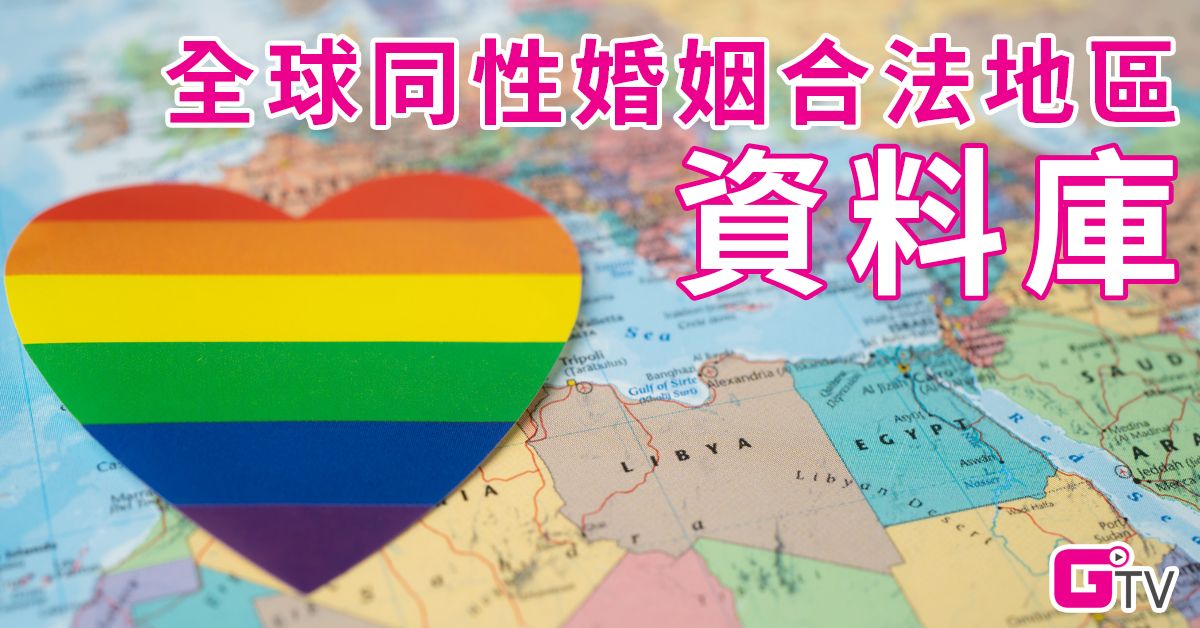
Further reading: [Continuously updated] Global same-sex marriage legal country/region database
Original link G-spot TV
Like my work?
Don't forget to support or like, so I know you are with me..
Comment…